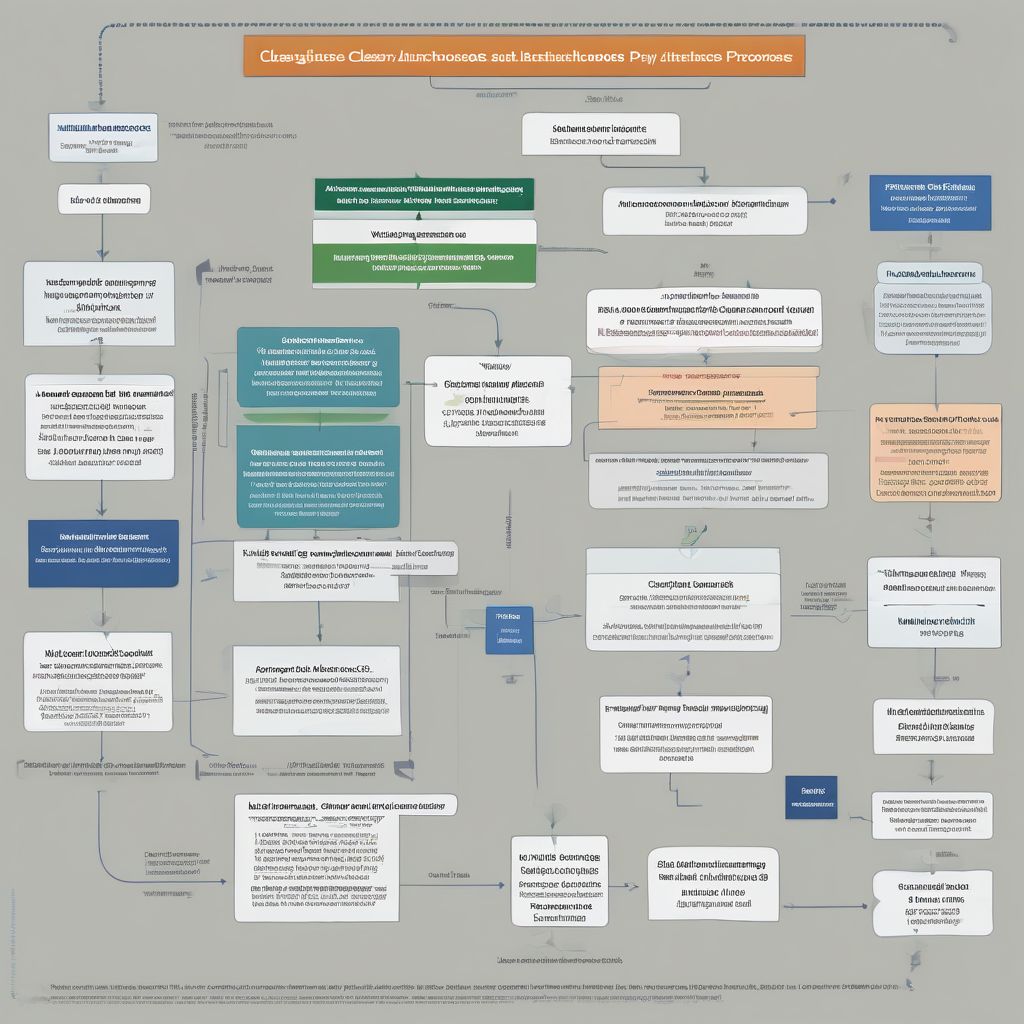
In the complex world of healthcare, you might have come across the term “clearinghouse.” If you’re unsure about what it means, you’re not alone. This article breaks down the concept of a healthcare clearinghouse in a way that’s easy to understand.
Understanding the Role of a Healthcare Clearinghouse
Simply put, a healthcare clearinghouse acts as a middleman between healthcare providers (like doctors and hospitals) and insurance companies. They ensure that medical claims are processed quickly and efficiently.
Think of it like this: you visit your doctor, and they send a bill to your insurance company. Before the insurance company can pay the bill, it needs to be checked for errors and coded correctly. This is where the clearinghouse comes in.
thucphamhoangkim.com/wp-content/uploads/2024/08/healthcare-clearinghouse-process-66b6dd.jpg" alt="Healthcare Clearinghouse Process" width="1024" height="1024">Healthcare Clearinghouse Process
What Does a Clearinghouse Do?
A healthcare clearinghouse performs several important functions:
- Claims Submission: They receive electronic claims from healthcare providers and check them for errors, making sure all necessary information is included.
- Claims Formatting: They convert the claims into a standardized electronic format that all insurance payers can understand.
- Claims Verification: They verify patient information, insurance coverage, and coding accuracy to prevent delays or rejections.
- Claims Status Tracking: They allow providers to track the status of their submitted claims, providing updates on approvals, denials, or pending requests.
Why are Clearinghouses Important?
Clearinghouse are crucial for a few reasons:
- Efficiency: They streamline the claims process, reducing paperwork and manual errors.
- Cost Savings: By preventing claim rejections, they save both providers and insurers time and money.
- Faster Payments: They help ensure that healthcare providers receive payments faster.
- Data Security: They protect sensitive patient information during electronic transmission.
Common Questions about Clearinghouses
Q: Are clearinghouses required for healthcare providers?
A: While not always mandatory, most providers choose to use clearinghouses for the benefits they offer in efficiency and accuracy.
Q: How do I choose the right clearinghouse?
A: Providers should consider factors like pricing, customer support, and the specific needs of their practice.
Q: What is the difference between a clearinghouse and a billing service?
A: While both deal with medical billing, a clearinghouse focuses on claim processing and transmission. A billing service provides a wider range of services, including coding, claim submission, and even patient billing.
Keeping Up with Healthcare Technology
Clearinghouse play a vital role in the increasingly digital landscape of healthcare. They are essential for smooth communication and efficient payment processing between healthcare providers and insurance payers.
We hope this article has provided a clear understanding of healthcare clearinghouses. For more informative content on healthcare and medical topics, explore our website!

